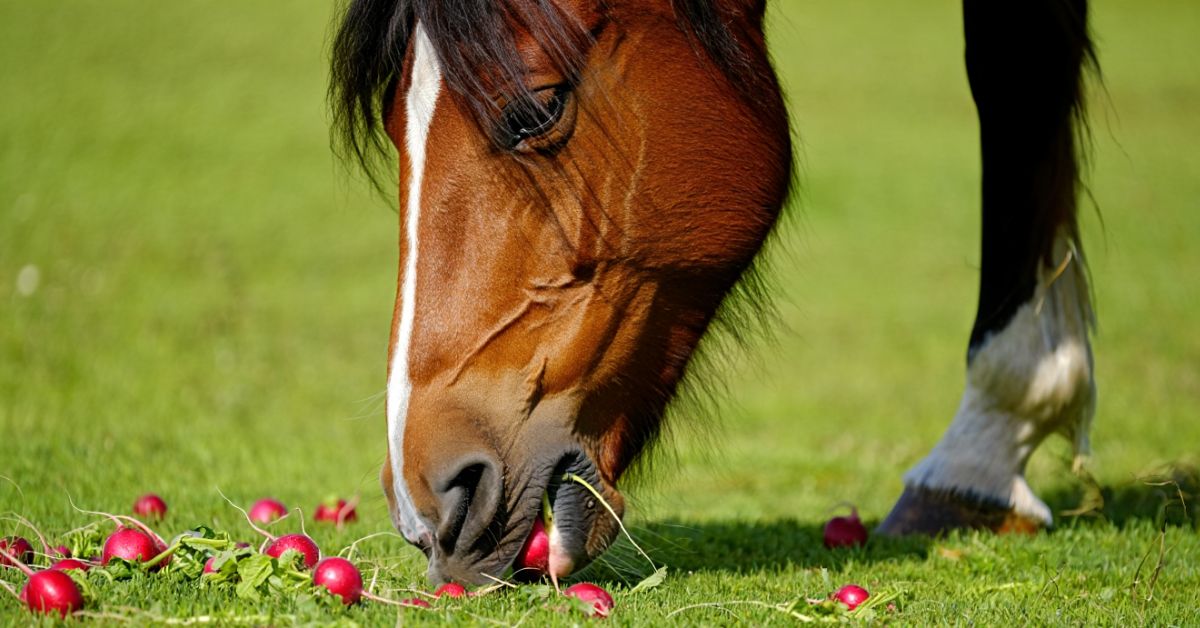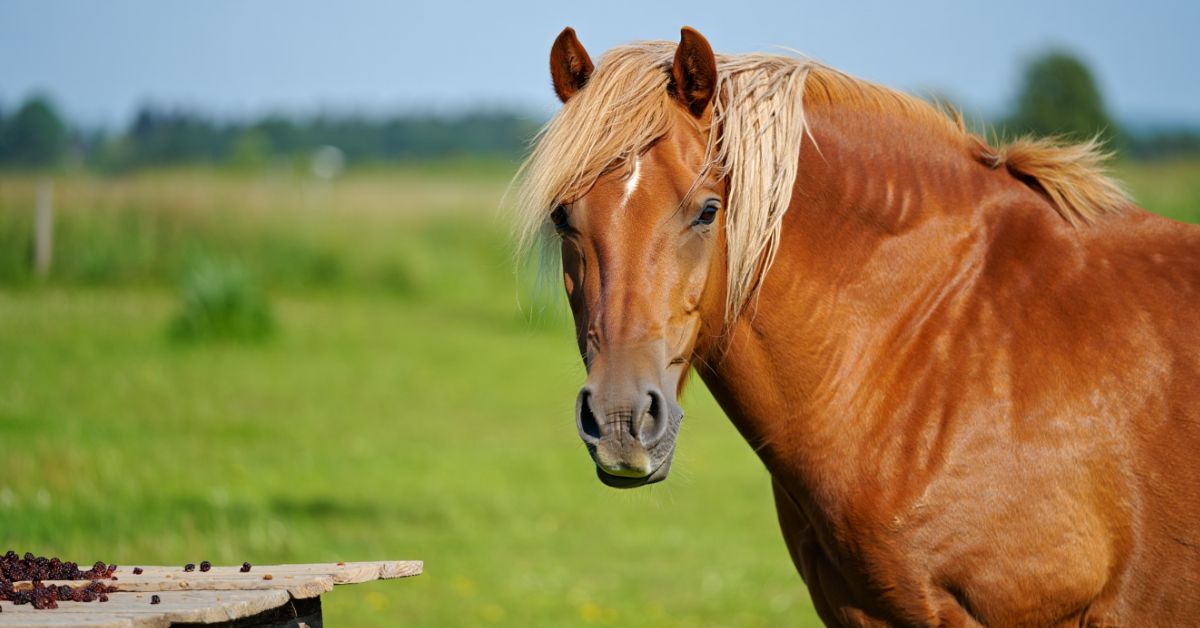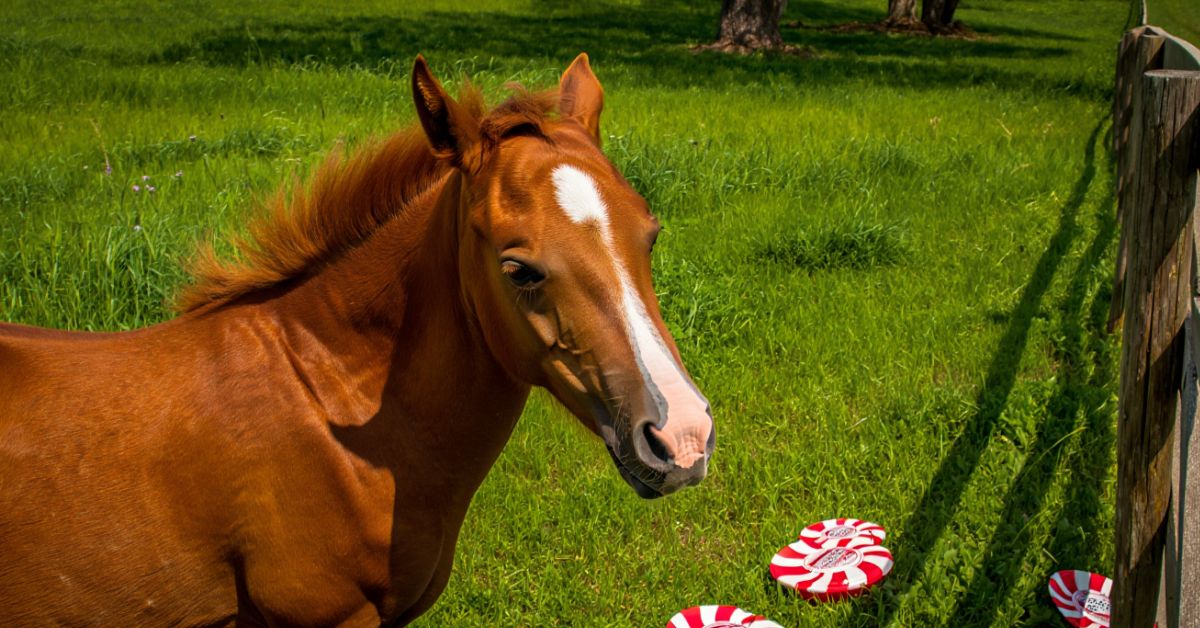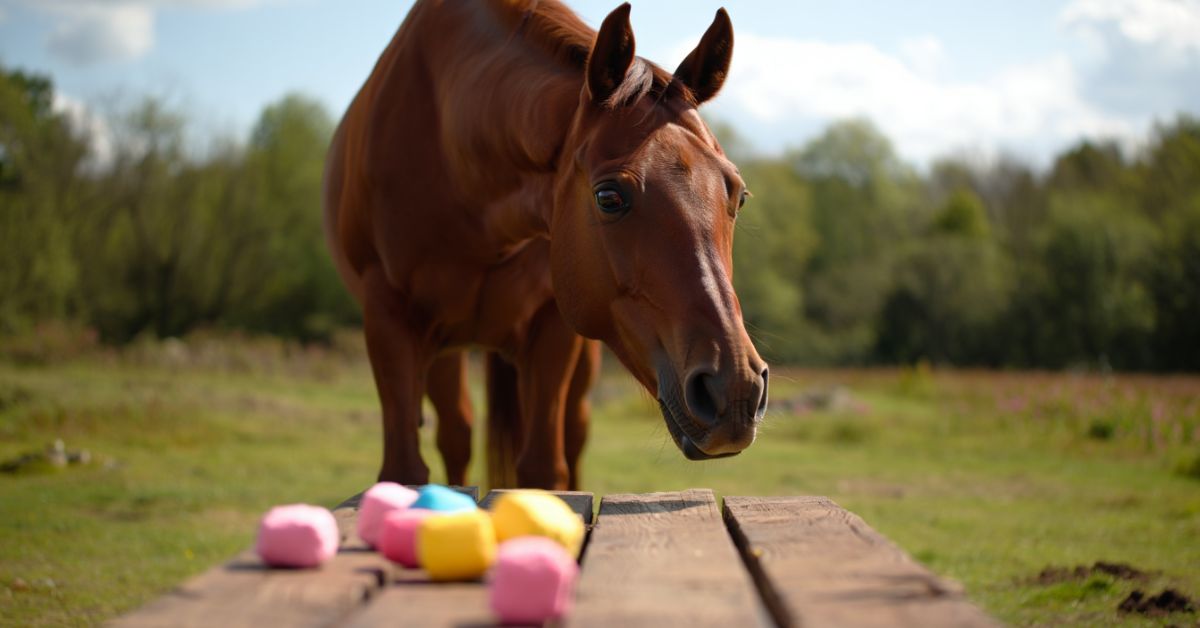
Can Horses Have Peaches? Safety Tips & Benefits Revealed
The sweet scent of a ripe peach under the sun is irresistible — and as you slice one open, your horse approaches curiously. You wonder: can I share this fruit with him? 🍑 The answer is yes, but with some important precautions.
Horses can eat peaches, as long as they are pitted and offered in moderation. The pit contains traces of cyanide, which is toxic to horses, and its hard texture can cause choking or intestinal blockage. Also, the skin, though edible, may be treated with pesticides, so it’s best to peel the peach before offering it.
Peaches are rich in vitamin C, fiber, and antioxidants, which are beneficial for your horse’s digestion and immune system. However, their high sugar content requires caution — too many peaches can cause blood sugar imbalances or metabolic issues, especially in horses prone to laminitis.
If your horse is trying peaches for the first time, start with small amounts and observe any reactions. And remember: moderation is key.
Peaches in a Horse’s Diet: What to Know
1. Nutritional Benefits of Peaches
Peaches are not only sweet and juicy, but also a source of valuable nutrients:
-
Vitamin C: supports the immune system and skin health.
-
Fiber: promotes digestion and prevents constipation.
-
Potassium: helps regulate blood pressure and muscle function.
-
Antioxidants: fight free radicals, reducing oxidative stress.
However, they are not an essential food for horses, who already get what they need from hay, grass, and balanced feed.
2. Risks and Precautions
Before offering a peach to your horse, consider these potential dangers:
🔴 The Pit: A Deadly Hazard
The pit contains amygdalin, a compound that can turn into cyanide when ingested. Even though swallowing one pit may not be lethal, why take the risk? Moreover, the pit is hard and sharp, posing a choking hazard or risk of internal injury.
🔴 Sugars and Laminitis
Horses with insulin resistance or prone to laminitis should avoid sugary fruits. An occasional peach is fine, but too many may trigger hoof inflammation.
🔴 Pesticides and Preservatives
If not organic, peaches may be treated with harmful chemicals. Peeling them helps reduce this risk.
3. How to Safely Offer Peaches
Here are a few golden rules:
✔ Always remove the pit before giving a peach.
✔ Wash and peel the fruit to eliminate chemical residues.
✔ Start with small portions (half a peach) to test tolerance.
✔ Don’t overdo it: 1–2 peaches per week are plenty.
Alternatives to Peaches: Other Safe Fruits for Horses
If your horse loves sweet treats, you can switch it up with these safe options:
-
Apples (without seeds)
-
Pears (without core)
-
Bananas (in small amounts)
-
Watermelon (without rind or seeds)
Avoid grapes, cherries with pits, and avocados, which can be toxic.
The Final Verdict: Yes, But Wisely
Sharing a peach with your horse can be a loving gesture, as long as it’s done with awareness and moderation. Always observe his reaction, and when in doubt, consult your veterinarian.
After all, every bite we offer our equine companions should be safe, nutritious, and given with love. 🐴💛





















